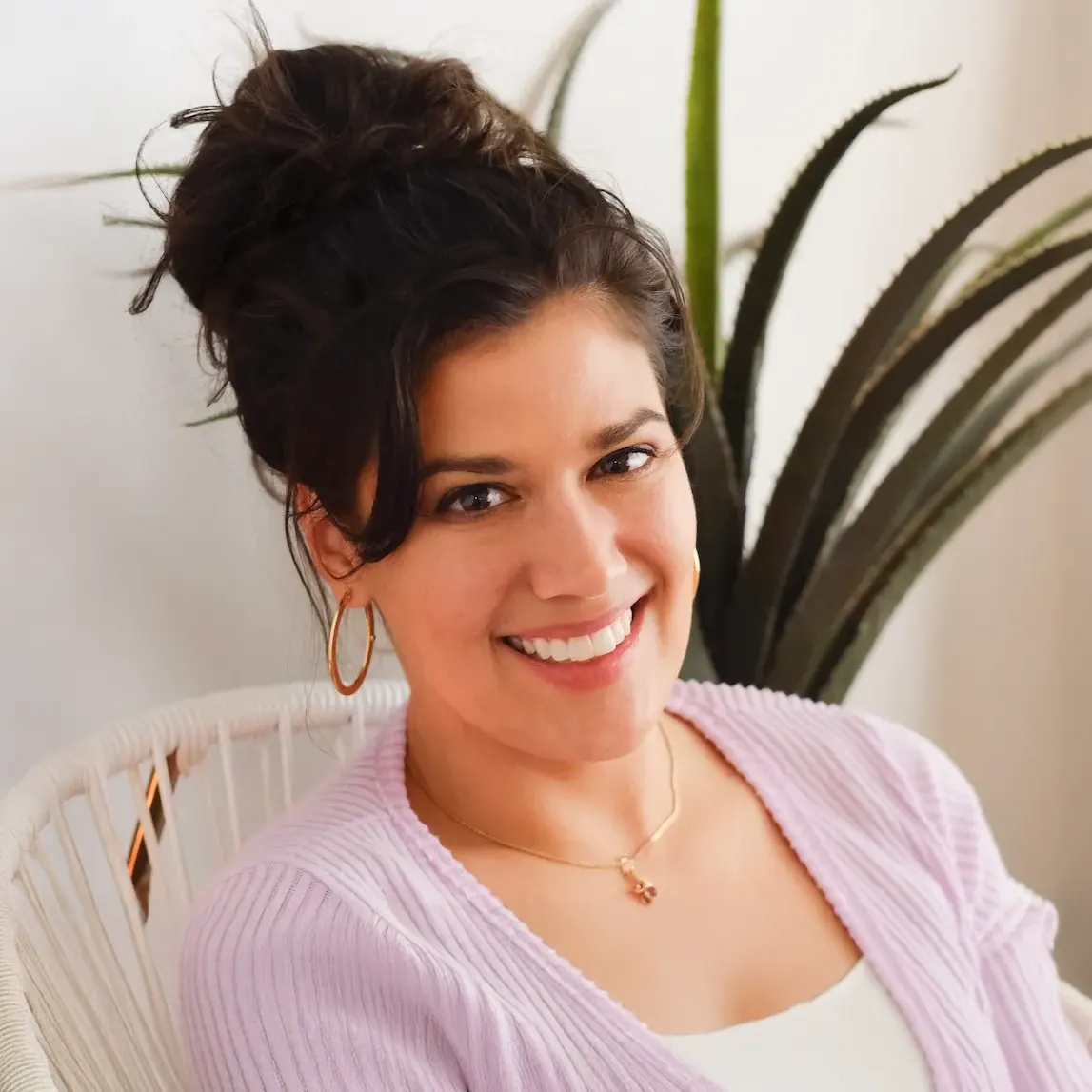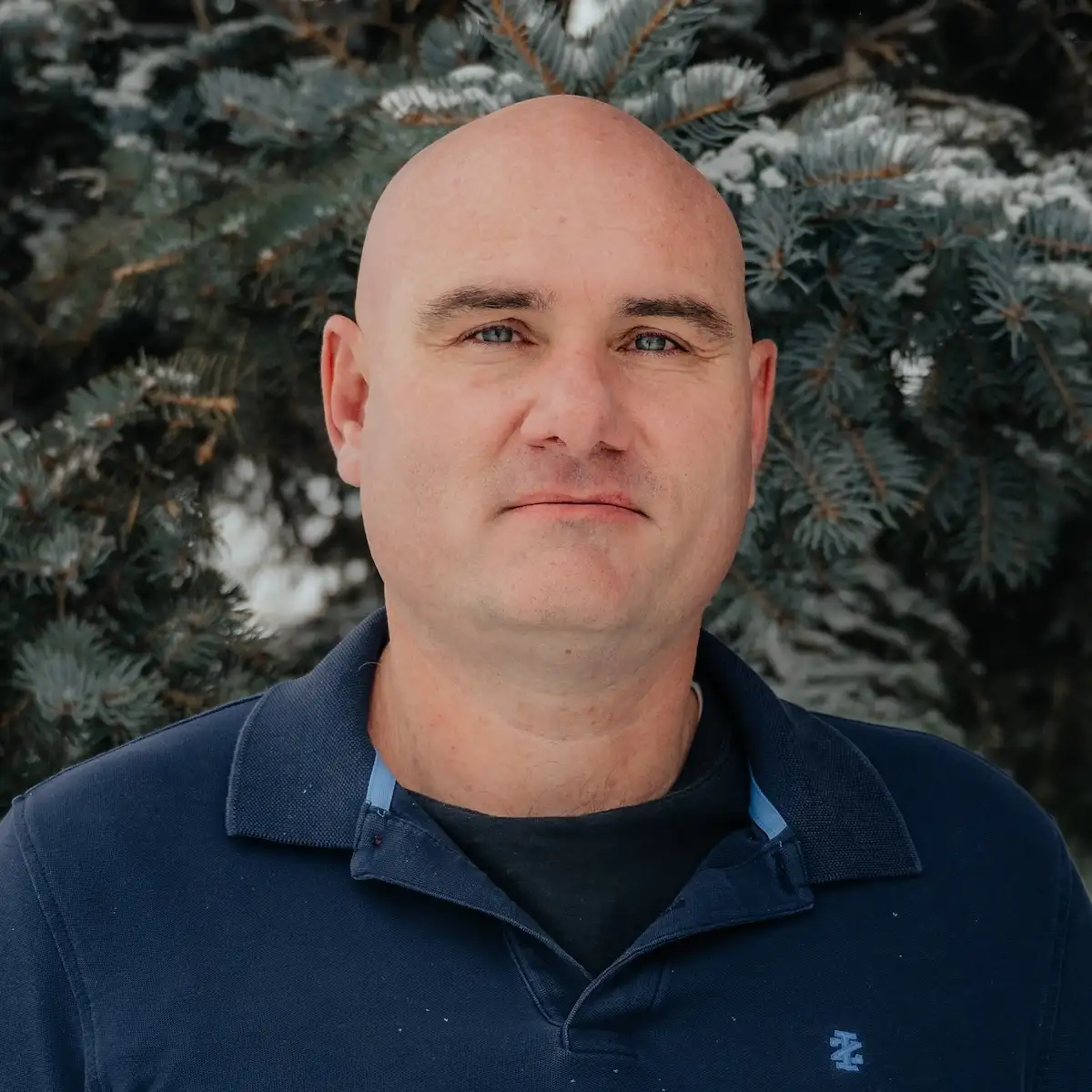DBT Therapy and Counselling in Vancouver
Browse videos, and choose your best match based on availability, and most of all, fit.

Therapists
Jola Mecani

Jola Mecani
Liz Spaargaren
-Cropped%20Cropped.webp)
Liz Spaargaren
Virlyn Collantes

Virlyn Collantes
Alexandra Walcott

Alexandra Walcott
Eda Mucaj

Eda Mucaj
Candice Frederick
-Cropped.webp)
Candice Frederick
Abhilesh Thomas Kollamparampil

Abhilesh Thomas Kollamparampil
Rachel Bennett

Rachel Bennett
Wendy van Es

Wendy van Es
Michael Wassef
-Cropped.webp)
Michael Wassef
Rebekkah Stainton

Rebekkah Stainton
Katie Harry

Katie Harry
Mark Peterson

Mark Peterson
Sarah Lewis

Sarah Lewis
Nisha Thakkar

Nisha Thakkar
Mohamad Shabib

Mohamad Shabib
Alexa Harder

Alexa Harder
Jason Scriven

Jason Scriven
Michelle Mammoliti

Michelle Mammoliti
Maria Chaplick

Maria Chaplick
Jide (Paul) Oderinde
.webp)
Jide (Paul) Oderinde
Emma Cheuk

Emma Cheuk
Lea Konforte

Lea Konforte
Sofia Diaz

Sofia Diaz

Therapy is hard work.
Frequently asked therapy questions
Modality is the word for the techniques or methods a counsellor might use during your sessions. Most counsellors will draw from a few different core modalities. You should always feel free to ask them how they intend to approach your sessions and to explain these techniques to you. Two major modality categories are: cognitive (mind) and somatic (body).
Under the cognitive or talk therapy umbrella is CBT (cognitive behavioural therapy) When you start CBT therapy, a counsellor will help you understand distorted thinking patterns and how those distortions inspire certain behaviours and emotions. CBT typically takes place over a set number of appointments and often involves journaling or “homework” between sessions.
DBT therapy is an iteration of CBT and other psychotherapy techniques. It’s often ideal for those who engage in impulsive behaviour, have self-destructive habits or have a higher emotional response to life’s challenges. “Dialectical” in this case means two truths existing at once—I am having a hard time and I am working on this every day. People who benefit from DBT tend to need to move away from “all-or-nothing” thinking that can prompt intense emotional responses. DBT often involves group counselling.
Somatic therapy addresses the ways in which our bodies respond to stress. When we’re in danger, we go into a fight, flight or freeze response. When we’re stressed for long periods of time, we can become stuck in these modes and it can put a lot of (sometimes unconscious) duress on our minds and bodies. Once you start connecting the way your body reacts to your feelings and stressors, you can start to learn how to be more aware and move out of that “danger zone”. This will help calm the nervous system and your mind.
Eye movement desensitization and reprocessing (EMDR) falls under the somatic therapy umbrella, and is rooted heavily in neuroscience. EMDR involves the counsellor helping their client or patient identify and recall specific traumatic memories while guiding their eyes through movements, such as with a pen or finger. Traumatic memories can cause unwanted symptoms such as anxiety or panic, and this could be totally unconscious to us. In theory, EMDR allows our brain to make new connections to a memory to reprogram, or process, that memory. EMDR was originally developed to treat PTSD.
Psychiatrists, psychologists and social workers are the three primary types of therapists in Vancouver that are regulated by law. Regulated counsellors and therapists have education and training requirements, and they are certified/licensed and overseen (governed) by regulatory bodies called colleges.
Psychotherapists, counsellors or counselling therapists are not overseen by law in British Columbia—regulations are coming soon in BC for the title of Counselling Therapist. In the meantime, credible practitioners will belong to self-governed professional associations. When looking for counselling therapists (i.e. psychotherapists) in British Columbia today, look for certified practitioners with credentials such as Registered Clinical Counsellor (RCC) or Certified Clinical Counsellor (CCC). Keep in mind there are other trusted credentials in British Columbia for counselling therapists—take some time to review them and their requirements if you come across other certifications.
In fact, regulations for the title of psychotherapist or counselling therapist vary province-to-province so it’s always important to ensure you’re receiving counselling from a credible practitioner in your region. You could also receive psychotherapy/counselling therapy from a psychologist or social worker.
First Session carefully vets all therapists and counsellors to ensure they meet requirements in their region and are certified by the correct legal or credible self-governing bodies.
Psychiatrists hold a medical degree, they can diagnose medical disorders and prescribe medication. They are most typically seen via doctor’s referral.
Educated at a PhD level, psychologists can also diagnose mental illnesses and disorders, but they cannot prescribe medication. Those with the title of “psychology associate” will have a master’s degree. Psychologists in Vancouver sometimes continue to work in academia and research, or they might work directly with clients for counselling therapy. They will approach counselling with their academic and scientific viewpoint on human behaviour and cognition (how our brains work).
It’s a common misconception that social workers only work in hospital or community service settings. However, Registered Social Workers are counsellors and can provide counselling therapy—meaning you can book counselling directly with a social worker, including on First Session. Registered Social Workers (RSW) have a bachelor’s degree or master’s degree (MSW). Registered Clinical Social Workers (RCSW) have at least a master’s degree as well as additional training and certification that allows them to diagnose mental health disorders using the Diagnostic and Statistical Manual (DSM-5). You’ll find Registered Social Workers in Vancouver listed on First Session.
You can book counselling appointments on First Session with social workers, psychologists and certified counselling therapists in Vancouver.
“How much does therapy or counselling cost?” is often one of the first questions that come to people’s minds when they’re thinking about counselling.
In general, counselling can run anywhere from $50 to $300+ per session, and sessions are usually an hour. The counsellor’s title, level of education and years of experience will impact their session fees. For example, new counselling therapists may charge around $50 per session, but a psychologist who holds a PhD and has 10 years of experience may charge closer to the $200 to $350 range. Some counsellors offer a reduced rate in certain cases.
If you’re in BC, there are unfortunately not a lot of options for counselling covered by provincial healthcare plans (MSP). Generally, visits to the family doctor or psychiatrist for medication (via doctor referral) or accessing mental health services after entering a clinic or hospital setting will be covered by MSP. The provincial government does have a resources page available with a number of affordable and accessible mental health care options.
Your out-of-pocket costs can be significantly reduced if you have therapy and counselling coverage by workplace insurance benefits. Every workplace package and policy is different, so it’s best to check your benefits booklet or speak to the provider directly to fully understand your coverage and how to file claims. Usually a certain amount of each session is covered up to a maximum dollar amount, and you’ll pay up front and submit your receipt as a claim for reimbursement later.
If you’re seeking therapy or counselling and you do not have workplace benefits but need assistance, there are affordable and sliding scale counselling options offered by some (not all) counsellors. This may allow you to pay lower rates if you are facing financial hardship.
You can book virtual or in-person counselling by getting in touch directly with a counsellor’s office, or you can easily book counselling appointments through First Session.
When you choose to book in-person counselling in Vancouver, you could see your counsellor in a variety of settings. Ask them about the space in which they practice. You could be going to their home office, to an office space shared with other counsellors, or a different kind of private office. Online counselling in Vancouver lets you meet with counsellors on your phone, computer, or tablet. For online meetings, your counsellor may have a specific digital platform they prefer, or you might connect with them on Google Meet, Zoom or another tool.
There are also 24/7 free counselling hotlines, such as HeretoHelp. Most likely, you’ll speak with a Registered Nurse (RN) and they’ll offer talk therapy over the phone or direct you to additional resources. These calls are completely confidential.
If you’re not totally sure a counsellor is right for you, consider doing a free counselling consultation in Vancouver. While not all counsellors offer these, it’s a good way to assess whether or not you’d like to work with a specific counsellor. Either way, First Session includes video interviews with all of our partner counsellors to help you get introduced to them before booking an appointment.
The cost of a Dialectical Behaviour Therapy (DBT) program can vary widely depending on factors like location, the therapist's qualifications, and the program's duration and intensity. Some comprehensive DBT programs, which include individual therapy, group skills training, and phone coaching, might range from several hundred to a few thousand dollars. It's important to inquire about the specifics of the program and potential insurance coverage. On First Session, you can view therapist profiles to get an idea of their DBT programs and associated costs.
In Canada, the cost of DBT therapy can vary. Individual therapy sessions typically range between CAD 100 to CAD 250 per hour, while comprehensive DBT programs including group sessions might be more expensive. Some therapists on First Session may offer sliding scale fees based on income.
DBT, while versatile, may not be suitable for everyone. It's generally not recommended for individuals who are not ready to commit to the intensive nature of the therapy, which often includes homework and regular group sessions. Additionally, DBT might not be the first choice for those with certain types of mental health issues that require more immediate stabilization or different therapeutic approaches. It's important to consult with a mental health professional.
Use First Session to find the best therapist for you.